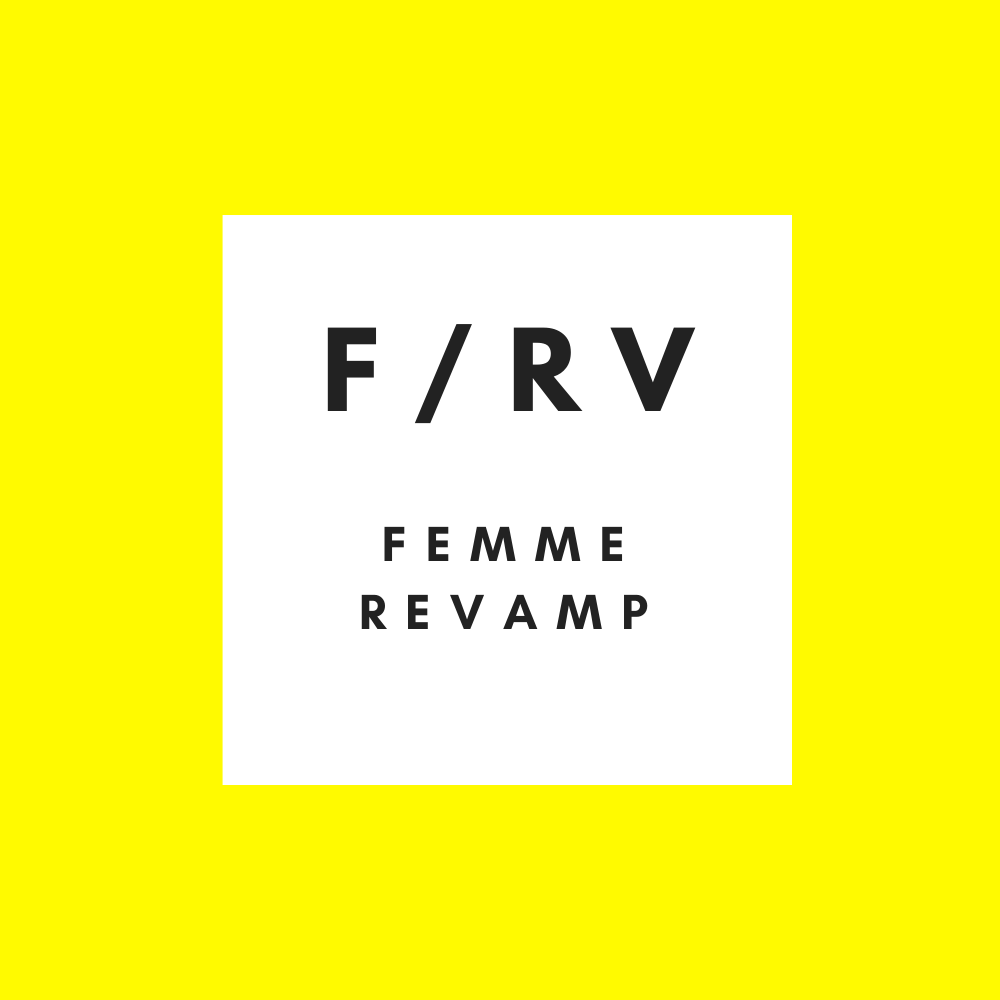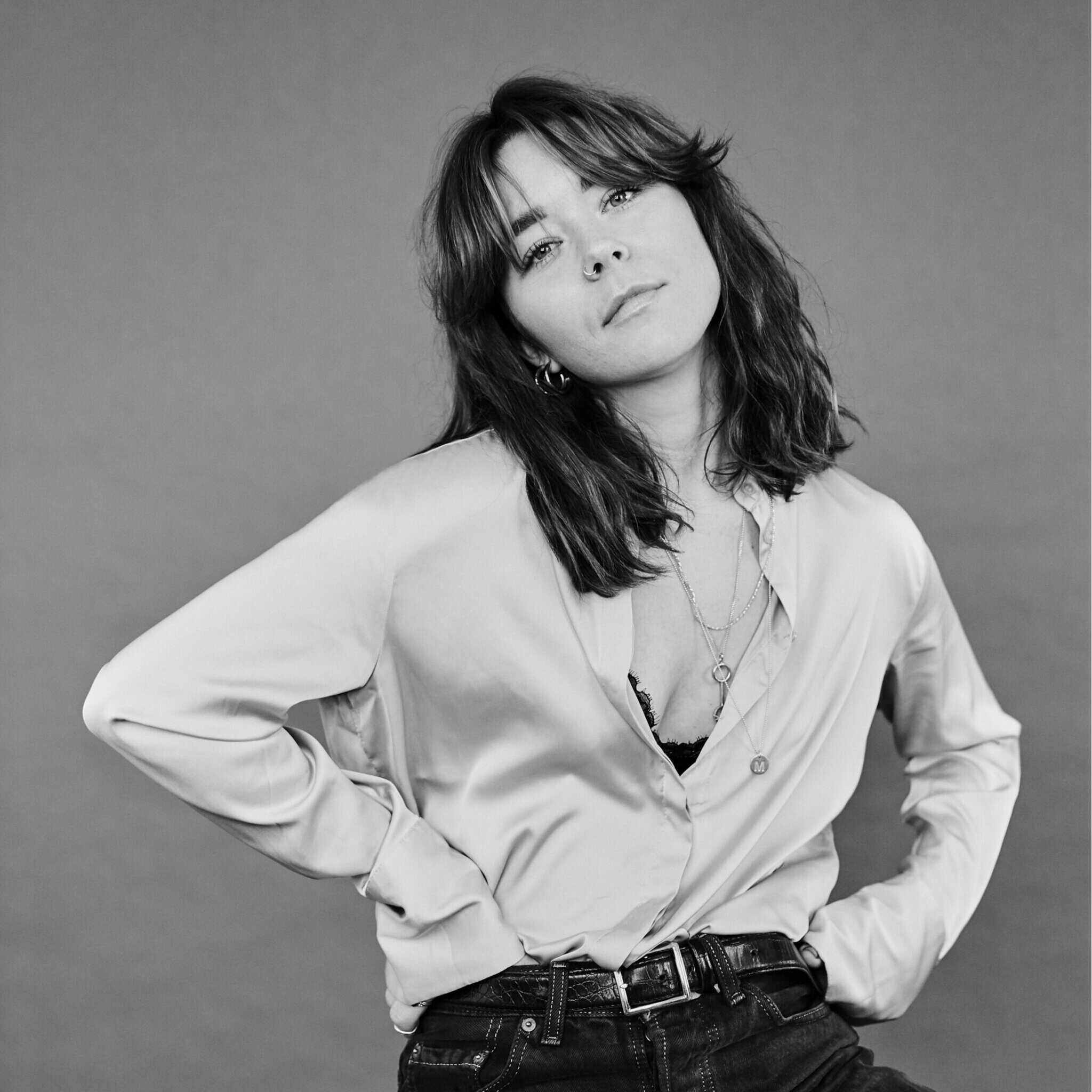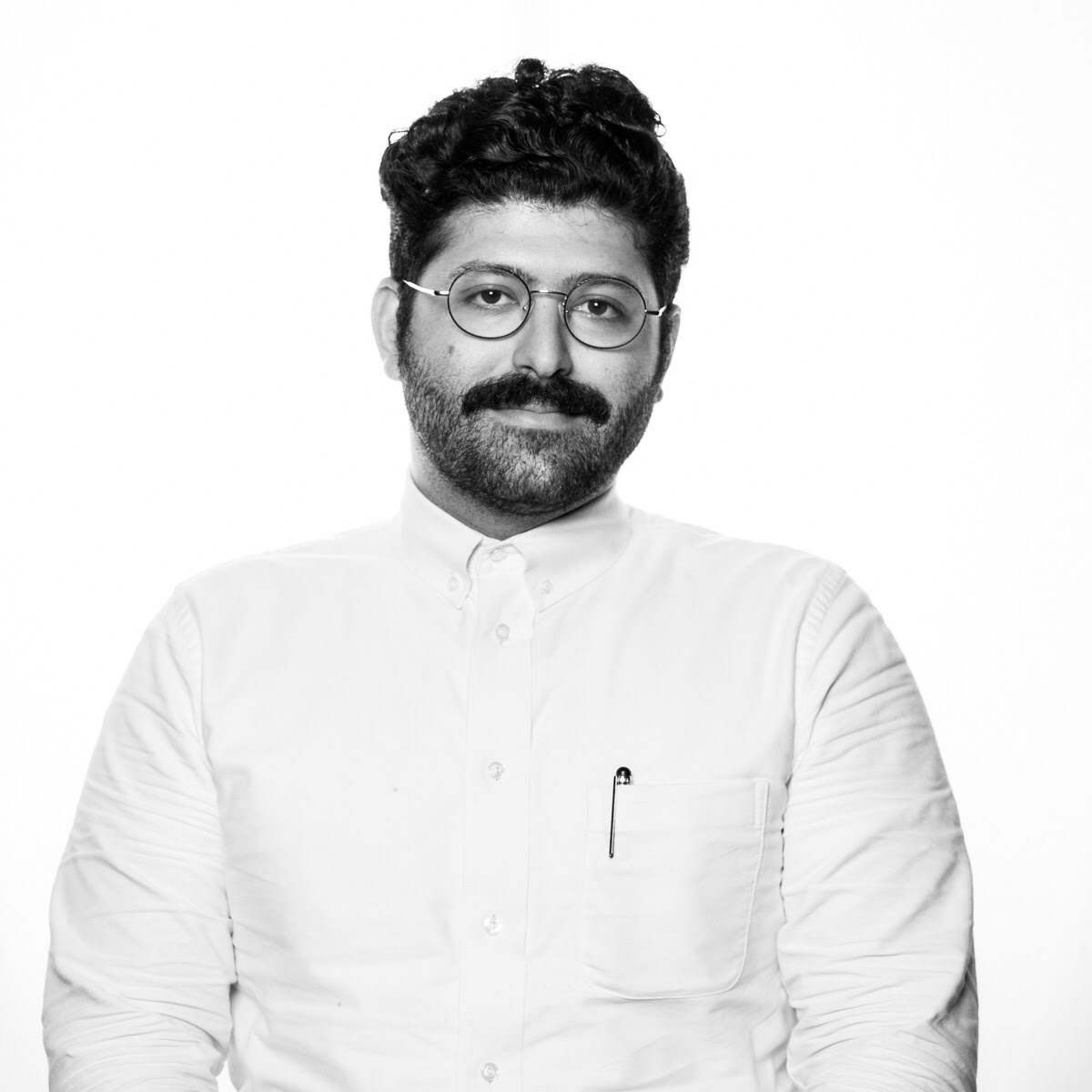Veronica Mike Solheim
Holds a BA in Art Direction, is former Chief Editor and Creative Director at ANTI, was awarded Commended AD of The Year 2018, represents Norway in two international design award juries and is a frequent keynote lecturer in creative thinking. Today Mike is a freelance brand strategist in Brooklyn, and the founder It’s Friendly, a company working to prevent mental health issues in the creative industry.
Joshua Schneider
A Columbia University graduate, was among the first 100 employees at VICE Media. Has done time at agencies and operations big and small including 360i, BuzzFeed, and HuffPost.
Interview: Veronica Mike + Josh Schneider, Founders of It's Friendly
By Angela Tai
It’s Friendly is a start-up dedicated to improving the creative industry through mental health eduction. They’re developing tools for creatives, by creatives with the goal of building a more people-friendly industry.
What propelled you to launch It’s Friendly ?
Mike: It’s Friendly started off as a passion project called Creative Confessions in 2018. At the time I was the chief editor of the design magazine A New Type of Imprint, which gave me a great insight into the international creative community. Featuring hundreds of creatives over five years, I started to notice a pattern of minor to major mental health challenges in the industry. I dived into the research and eventually became obsessed with figuring out what this pattern was and if there was a way to change it. With a grant from Grafill (the Norwegian Organization for Visual Communication) I started Creative Confessions as a passion project with the mission to fight mental health stigma and “build a more people-friendly creative industry.” I quit my job, sold all my stuff, and moved to New York where I met Josh and the project evolved from a research and awareness play, into the solution driven initiative called It’s Friendly.
As a Creative Director and Storyteller, your livelihood is dependent on your ability to constantly generate thought- provoking content. How do you find inspiration?
Mike: I think the best creatives are the ones who are able to see the world — both the good and the bad — and to turn this information into authentic stories, whether it’s words or visuals. I mean, inspiration is truly all around. However, I think my biggest obsession is people, and how they act, think and feel. I’m also inspired by social movements, and everything art, design and music. In general I try my best to stay open (mentally and emotionally) at all hours. Exhausting, sure, but oh so inspiring.
Josh: I try to keep my eyes open all the time. In my youth I was elitist, but now I take a more egalitarian approach to art and look for inspiration in different places. I think a lot of people get trapped by great curators, but I’ve always tried to go a step further and discover where that curator might be making their discoveries and move laterally from there. I also love TikTok.
How has your idea generation process evolved as you progress through your career?
Mike: From being extremely self-aware, a lot of overthinking and doing/creating what you think others want, to more confidence and world-awareness. Every project is an opportunity to say something that truly matters.
Josh: I hate wasting work and I like to front load the creative process with mental preparation so when I sit down to work I have a good idea where I’m going. That said, I’ve discovered that projects almost always change, parameters and goals evolve, and you need to stay agile. So oftentimes I like to start by just getting something on the page, get something going even if it’s not that great, you need to create raw materials to work with. This industry rarely allows you to fully realize a vision by yourself, so to gain a better understanding of what team mates or clients are looking for, you often have to show them something (could be anything) just to get better direction.
Writer’s block is a very real thing that happens, especially when working under a tight deadline. What do you do in that situation?
Mike: I take it as a sign of poor concepts or direction. If the concept is good, words and ideas will follow. But if I can’t go back to change the original direction, I do the regular: take breaks, talk with people, listen to music, do something completely different and pick it up the next day.
Josh: I feel like writer’s block comes from second guessing yourself— you have ideas but you think they’re not that good. I like working under pressure because deadlines mean you just gotta get something out. I try creating artificial deadlines for myself as a way of encouraging myself to generate something and then I can revisit it later. A lot of the time I’ll bang out a draft and come back to it and find it’s not as bad as I thought.
How do you manage your stress-level?
Mike: I struggle more with anxiety, than stress. I cope with that, and anything mental health related, by trying to maintain a balanced mind and body. Stuff that’s good for me: working out, midday breaks, emotional and physical intimacy, yoga, meditation, nature, music.
Josh: Listening to music helps. I also try to maintain perspective and remember the big picture. This isn’t life or death stuff. I’ve learned over the years that opportunities come and go, few things are worth really beating yourself up. I forgive myself for being human and making mistakes or procrastinating.
How would you like talent acquisition professionals to address mental health in the workplace?
Mike: Don’t do it because you have to, do it because you want to help your employees and your company. It’s a sensitive topic that should be addressed consciously. I usually say there’s four things we need in order to build a more sustainable industry: empathy, awareness, openness and knowledge. In other words: we need a cultural shift, which will take time. A good place to start, however, would be to ask questions like “how are you guys really doing?” “how can we create an environment where you feel at your best ?”. After all, happy employees = better results and less turnover. It’s a win win, really.
Josh: I’d like to see perception of mental health move away from a box that we check, to an ongoing concern. We need a movement, not a meeting. People who work in talent acquisition are kind of this go-between between workers and management, and while they have this dual loyalty, it’s the client that pays them. I think they’re in a great position to communicate with employers the dollars and cents value of creating mentally healthy offices, its important to remember that workers are interviewing potential employers as well.
What advice would you give to someone who’s concerned about their coworker’s mental health well-being?
Josh: It can be a sensitive subject to broach. It’s important to create opportunities for people to share on their own terms, perhaps take someone out to an out-of-office lunch or coffee to give them a little time and space to open up. It’s crucial to let them know they can share without feeling judged, we all need a little help now and then.
Mike: A good tactic is to share a personal experience with mental health first, just to create a safe environment for others. And if you feel like you guys are close, ask how they are doing and listen carefully if they give you an answer. If you can see that someone is struggling with stress, struggling with micromanagement, or on the brink of burning out, you can also be a buddy and share your concerns with HR (without outing your colleague of course!) and urge them to do something to improve conditions. If they don’t, find a better place to work ASAP. The best thing we can all do for this industry is to commit to changing our daily practice by striving to be an empathetic coworker. We encourage everyone to learn more about mental health and the creative mind to better help themselves and others. We prepared the Creative Confessions Awareness Kit as a strong first step, and hope people will take the It’s Friendly Pledge as a commitment to build the People-Friendly industry we all deserve.
It’s Friendly is committed to nurturing creative talent through mental health education. To learn how you can help build a more people-friendly industry, check out our Mental Health Awareness Kit.


